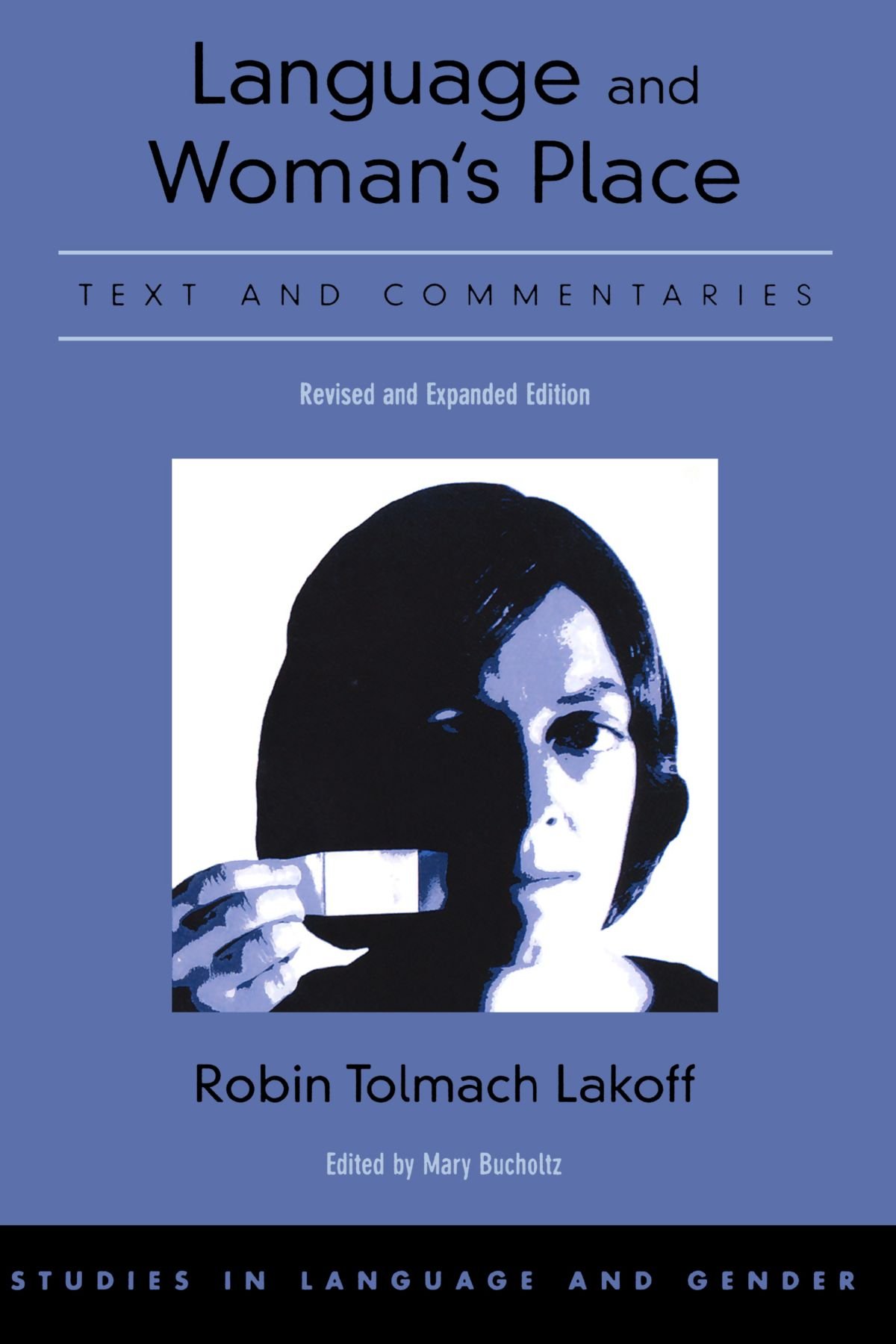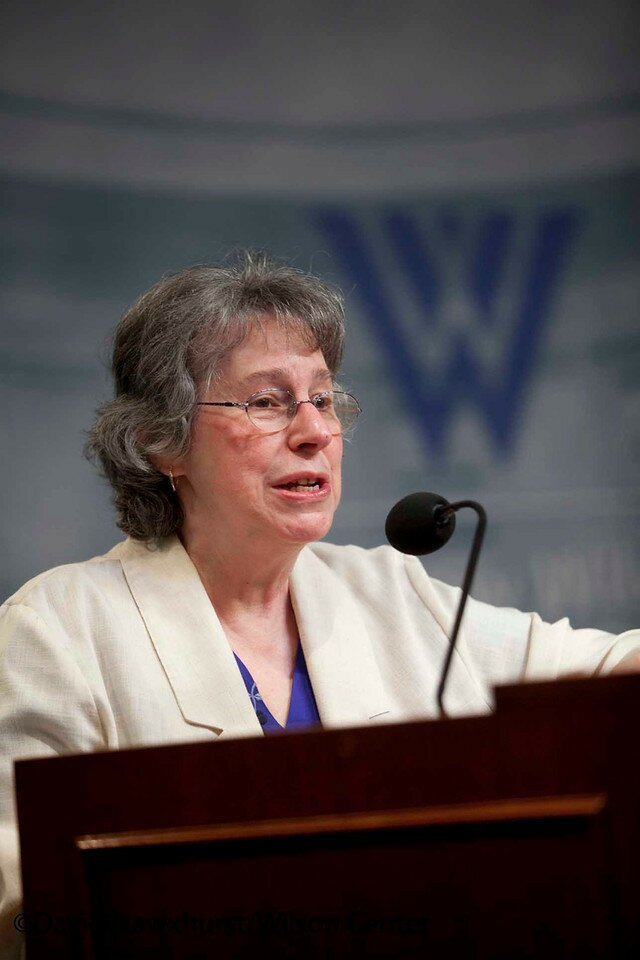Robin Lakoff is Professor Emerita of linguistics at the University of California, Berkeley. She is an expert on language and gender, the politics of language, sociolinguistics and pragmatics.
She is the author of about 100 scholarly essays and journal articles and numerous books, including:
The Language War (2000)

This book gets to the heart of one of the most fascinating and pressing issues in American society today: who holds power and how they use it, keep it, or lose it. In a brilliant and vastly entertaining discussion of news events that have occupied an enormous amount of media space–political correctness, the Anita Hill/Clarence Thomas hearings, Hillary Rodham Clinton as First Lady, O. J. Simpson’s murder trial, the Ebonics controversy, and the Clinton sex scandal–Lakoff shows that the struggle for power and status at the end of the century is being played out as a war over language. Controlling language is a basis for all power, she says, and therefore it is worth fighting for. As a result, newly emergent groups, especially blacks and women, are contending with middle- to upper-class white men for a share in “language rights.”
Lakoff’s introduction to linguistic theories and the philosophy of language lays the groundwork for an exploration of news stories that meet what she calls the UAT (Undue Attention Test). As the stories became the subject of talk-show debates, late-night comedy routines, Web sites, and magazine articles, they were embroidered with additional meanings, depending on who was telling the story. Race, gender, or both are at the heart of these stories, and each one is about the right to construct meanings from languagein short, to possess power. Because language tells us how we are connected to one another, who has power and who does not, the stories reflect the language war.
We use language to analyze what we call “reality,” the author argues, but we mistrust how language is used today–witness the “politics of personal destruction” following the Clinton impeachment. Yet Lakoff sees in the struggle over language a positive goal: equality in the creation of our national discourse. Her writing is accessible and witty, and her excerpts from the media are used to great effect.
You can read more about this book and purchase it here.
Talking Power (1990)

Why is unintelligibility so valued in academia? How can a joke that’s funny in one culture be an insult in another? In this book, a linguist answers these and other questions, revealing the ways in which what we say and how we say it help us to accomplish our aims.
Language and Woman’s Place (1975, rev. ed. 2004)

The 1975 publication of Robin Tolmach Lakoff’s Language and Woman’s Place, is widely recognized as having inaugurated feminist research on the relationship between language and gender, touching off a remarkable response among language scholars, feminists, and general readers. For the past thirty years, scholars of language and gender have been debating and developing Lakoff’s initial observations.
Arguing that language is fundamental to gender inequality, Lakoff pointed to two areas in which inequalities can be found: Language used about women, such as the asymmetries between seemingly parallel terms like master and mistress, and language used by women, which places women in a double bind between being appropriately feminine and being fully human. Lakoff’s central argument that “women’s language” expresses powerlessness triggered a controversy that continues to this day.
The revised and expanded edition presents the full text of the original first edition, along with an introduction and annotations by Lakoff in which she reflects on the text a quarter century later and expands on some of the most widely discussed issues it raises. The volume also brings together commentaries from twenty-six leading scholars of language, gender, and sexuality, within linguistics, anthropology, modern languages, education, information sciences, and other disciplines. The commentaries discuss the book’s contribution to feminist research on language and explore its ongoing relevance for scholarship in the field.
This new edition of Language and Woman’s Place not only makes available once again the pioneering text of feminist linguistics; just as important, it places the text in the context of contemporary feminist and gender theory for a new generation of readers.
You can read more about this book and purchase it here.

